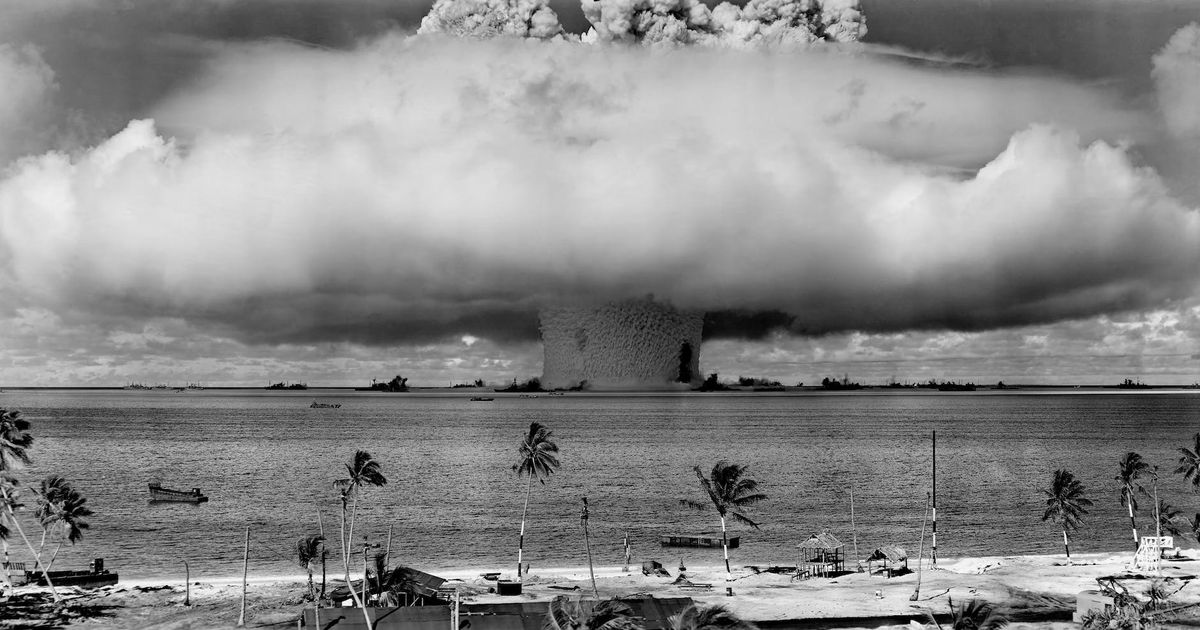A study shows that any potential nuclear conflict could kill billions

A few minutes every morning is all you need.
Stay up to date on the world's Headlines and Human Stories. It's fun, it's factual, it's fluff-free.
In total, about 13,000 nuclear warheads worldwide are still in use. The US, Russia and China are among the top five countries with the most nuclear weapons. So, as tensions continue rising between China and the US, and also between the US and Russia, fears of nuclear warfare are rekindling. Just two weeks ago, Russia told the UN that direct Western involvement in the Ukrainian conflict could lead to a series of events that would justify using their nuclear arsenal. And UN Secretary-General António Guterres has warned that we’re “one miscalculation away from nuclear annihilation."
In a new international study led by scientists at Rutgers University, researchers calculated the potential extent of famine resulting from specific nuclear situations. According to the study, a conflict involving less than 3% of the world’s nuclear stockpiles could kill a third of the world’s population within two years. A nuclear exchange between Russia and the US would kill around three-quarters of the planet’s population in the same amount of time. This is because nuclear detonation would spark firestorms, blocking the sun and causing a cooler climate, affecting crop yield and wildlife.
Key comments:
“It’s really a cautionary tale that any use of nuclear weapons could be a catastrophe for the world," said climate scientist and study author Alan Robock.
“The big question is, you have a nuclear war of a certain size, how much of this smoke ends up in the upper atmosphere? You can make a plausible case for both – very little will end up there, all the way out to, we’ve got to assume it basically all ends up there, which is what [these] sorts of papers do," said Edward Geist, a policy researcher at Rand Corp, explaining that recent findings on how wildfires can contribute smoke into the stratosphere back up the study’s research.
“Such a move would be able to trigger one of the two emergency scenarios described in our doctrine," said Alexander Trofimov, a senior Russian diplomat, referring to a confrontation from NATO countries over the Ukraine war. “We obviously stand for preventing this, but if Western countries try to test our resolve, Russia will not back down."




Comments ()